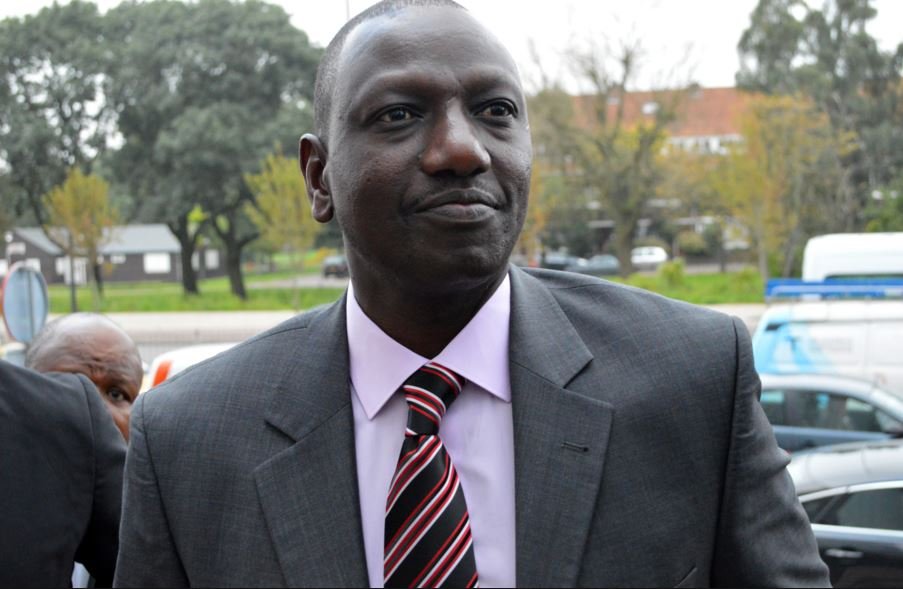Juppe hopes to be reassuring face for nervous France
Written off as finished on more than one occasion, Republicans party presidential candidate Alain Juppe is living proof that in French politics death is often temporary.
Juppe, 71, who faces Francois Fillon in Sunday’s rightwing primary runoff, has rebounded from what seemed hopeless lows to have a tilt at the president.
The first major difficulties came during a bruising two-year term as prime minister marked by massive nationwide protests against his proposed welfare reforms in 1995.
Trains ground to a halt, while teachers, postal workers and air traffic controllers joined one of the biggest strikes in decades.
Worse was to come in 2004 when he was convicted over a party finance scandal from the 1980s when he was finance director at Paris City Hall, then run by mayor Jacques Chirac.
Chirac, who would go on to become a two-term president and a life-long backer of Juppe, once famously described his underling as “probably the best among us”.
In disgrace and carrying a 14-month suspended jail term as well as a ban on holding public office for a year, Juppe headed for exile in Canada in 2004 with his second wife and daughter where he taught in Montreal.
In politics “there are always possibilities for resurrection,” he said at the time, foretelling his remarkable return.
This would start with his re-election as mayor of Bordeaux in 2006 in France’s southwestern wine-growing region, a political fiefdom he has helped transform in the last 20 years.
Bolstering his reputation as a hard-working technocrat, he is credited with developing tourism, transport and business in the elegant city.
Combining regional and national roles, in 2007 he was brought back into the government under then president Nicolas Sarkozy, who saw his own hopes of a return to power dashed in the Republicans’ first-round vote.
Over time, a view developed that Juppe’s criminal conviction was the result of loyalty, that he had carried the can for others, allowing him again to set his sights on the gilded presidential Elysee Palace.
One of France’s most familiar political figures, known abroad after a stint as foreign minister in 2011, he began the primary campaign with polls routinely showing him as the country’s “most popular” politician.
In a country riven by fear about terror attacks and immigration, he has portrayed himself as a stable, experienced administrator and has promised a “happy identity”.
However, as campaigning for the rightwing primary wore on, Juppe lost traction as Fillon surged up in the polls, defying pollsters’ predictions.
After Fillon won the biggest share, 44 percent, of the first round votes Juppe huddled with his advisors to consider whether it was worth contesting the second round.
He has fought on, desperately trying to convince rightwing voters with his softer more inclusive campaign, contrasting it with what he describes as Fillon’s “brutal” programme.
The lanky, bald-headed father-of-three has suffered from being seen as a cold intellectual, humourless or arrogant — he was once nicknamed “Amstrad” after a popular brand of computers at the time.
Born on August 15, 1945 into a modest family, Juppe had what he describes as a happy and religious childhood among the pine forests of the rural Les Landes area of southwest France.
After leaving to study in Paris, he graduated from top universities and like most of the political elite passed through the Ecole Nationale d’Administration (ENA).
“I am proud, I have a certain idea of who I am,” he told a French television documentary called “Juppe, The Resuscitated”.
Juppe’s programme includes typically reformist centre-right priorities, but he claims the public sector job cuts he wants would be less “brutal” than Fillon’s.
That has led Fillon to accuse him of not daring to go far enough.


